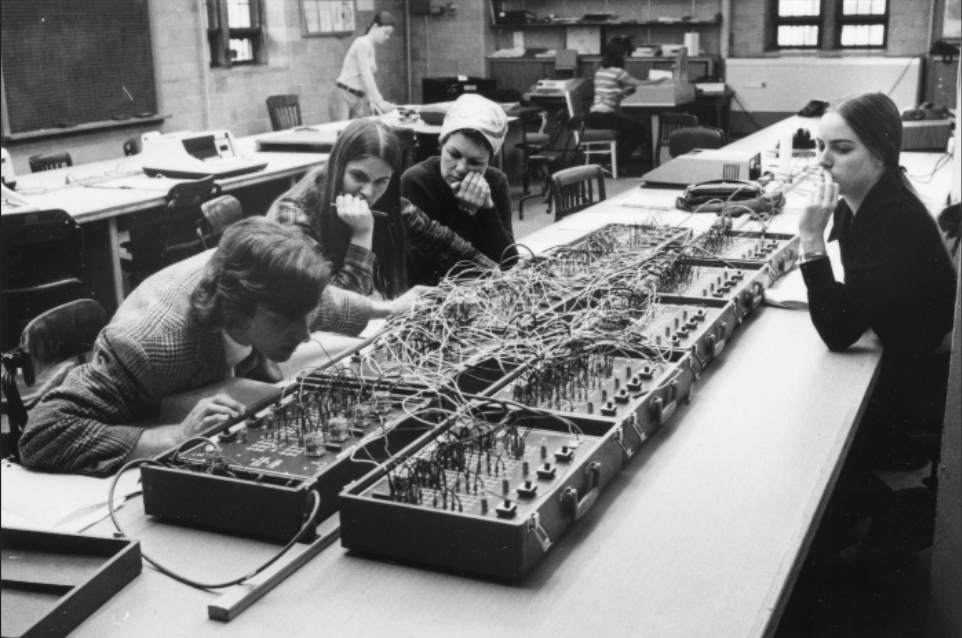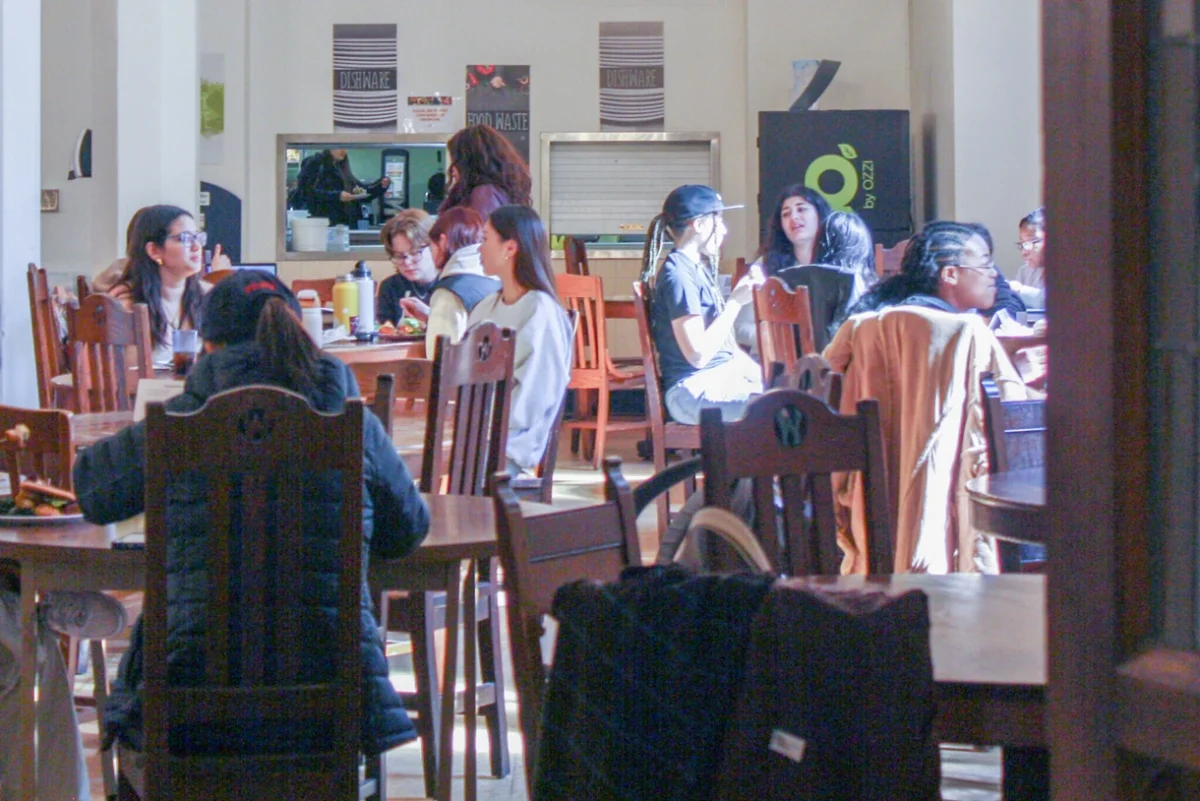Starting from one course with 85 students in 1968, the computer science (CS) department at Wellesley College has evolved over the years, with a record of 35 majors and/or minors in the Class of 2014. The department of computer science was established in 1982 and today, the increase in student interest in computer science has led to a multitude of clubs and organizations centered around coding and gaming. The involvement in this field in both an academic and non-academic capacity not only increases skills, but also female involvement in a traditionally maledominated field.
Enrolling in CS courses is not only common for students who come to Wellesley with intentions to major in the subject, but also for non-CS majors who take the courses to broaden their understanding of technology and coding. Professor Takis Metaxas believes this increase in enrollment is largely due to the “active and well-bonding group of people” who create a community within the CS department. He stated that CS groups were not always this active in communication, but now they collaborate to educate one another about new softwares, companies and events related to CS, as well as getting together to practice and prepare interviews. In fact, he contends that the department is considered one of the friendliest departments on campus, due to their close bonding.
This bonding also allows the CS Department itself to collaborate with other departments. “No matter what you do, CS makes it more efficient,” Metaxas said. Computer science courses are included in many other interdepartmental major requirements, such as those for media arts and sciences, neuroscience and cognitive and linguistic sciences.
With the increasing demand for CS courses, more on-campus organizations related to computer science are sprouting and evolving. One such club, Robogals, is a chapter of an international student-run organization that aims to offer hands-on activities to youth who do not have the opportunity to study STEM (science, technology, engineering and mathematics). Wellesley’s chapter, which was started in 2014, is one of the group’s first in the east coast of North America. The Wellesley Robogals executive board designs their own curriculum and runs workshops about engineering, coding and other CS-related topics.
The president of Robogals, Nasreen Al-Qadi ’18, recalls that Robogals’ involvement peaked last year when they expanded their outreach to other schools and organizations in Boston, such as the Boys and Girls Clubs of Dorchester, Framingham and Natick.
“People tend to shy away from computer science due to the technicality [or the lack of] earlier exposure,” said Al-Qadi. Thus, one of Robogals’ main objectives is to help girls overcome this boundary and become more confident participating in STEM-related activities.
In addition to youth outreach, other computer science clubs on campus focus on gaming. Although the gaming clubs are not fully CS oriented, video games have strong links to programming and technology. Recently, two new gaming clubs, Gamer’s Guild and WeSports, have introduced the field of entertainment to computer science at Wellesley. Gamer’s Guild hopes to attract people interested in video games and allow them to share that passion with others.
“Video games have often been socially associated with men rather than women, and we want to break that perception and make a comfortable place for women to find others that share in their hobbies, ” Amber Skarjune ’19, the founder of Gamer’s Guild, said.
In contrast, WeSports is more focused on competitive gaming that includes official competitions and tournaments. WeSports offers a community for those who have played particular games for many years or who are interested because of a close friend or family member. “With more media coverage of gamers, who are traditionally portrayed somewhat unfavorably, we are excited to see what parts of the student body WeSports will draw,” said Farren Wang ’18, founder of WeSports and a computer science major.
Overall, the diversity of organizations related to computer science has allowed the CS department to break boundaries and increase more STEM outreach to women. The establishment of the computer science department has not only allowed students to major in CS, but it has also diversified other disciplines, furthering emphasizing the contribution of STEM to a liberal arts education.





